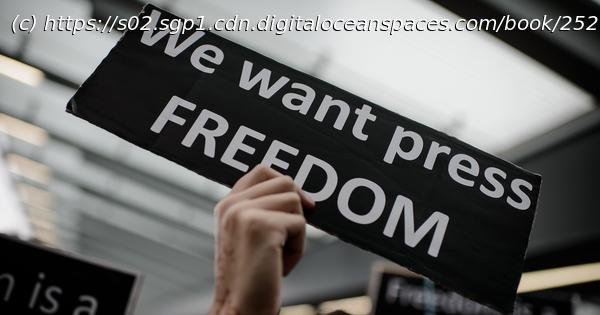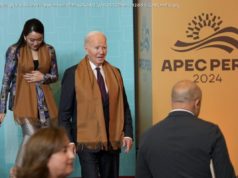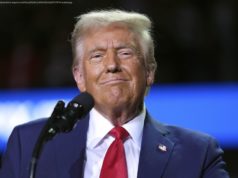Journalists are losing the ‘freedom from fear’.
When more than 200 police officers raided the headquarters of Hong Kong’s biggest – and only – pro-democracy mass-circulation newspaper, Apple Daily, on August 10, many people feared this spelt the end of press freedom in the territory. Earlier that day, they had arrested the paper’s owner,72-year-old tycoon Jimmy Lai, under a controversial new National Security Law for allegedly colluding with foreign forces. He has since been released on bail. For Apple Daily reporter Patrick*, the symbolism was clear: “[It was] the state apparatus using a paramilitary force to intrude upon a media organisation that holds a critical stance. Officers were searching for journalistic material. It’s a clear message, this will happen to you if you’re disobedient.” Freedom of the press is enshrined in Hong Kong’s Basic Law but has suffered in recent years from political and economic pressure and resultant creeping self-censorship, which is reflected in the territory’s poor recent performance in press freedom indices. Yet Hong Kong’s media is still relatively independent and robust – especially compared with mainland China. The law, drafted and approved in Beijing, threatens to change that. It introduces sweeping but vague charges of subversion, secession, collusion with foreign forces and terrorism. Incitement of hatred against the national and local governments is also outlawed. I spoke with several local reporters working in TV, radio, newspapers and online media to find out what it’s like on the ground, one and a half months after the law was passed. All but one, including Patrick, quoted above, requested that I use an alias when quoting them for fear of reprisals. Many local journalists report increased self-censorship. Patrick says mainstream media organisations now tend to quote already public comments of pro-independence figures rather than interview them directly, and that journalists are losing the “freedom from fear”. “After an interview, I do think about the risk… it’s just a fleeting moment of hesitation, but that moment is a kind of self-censorship.
Home
United States
USA — China Hong Kong’s new security law is an existential threat to its press...






